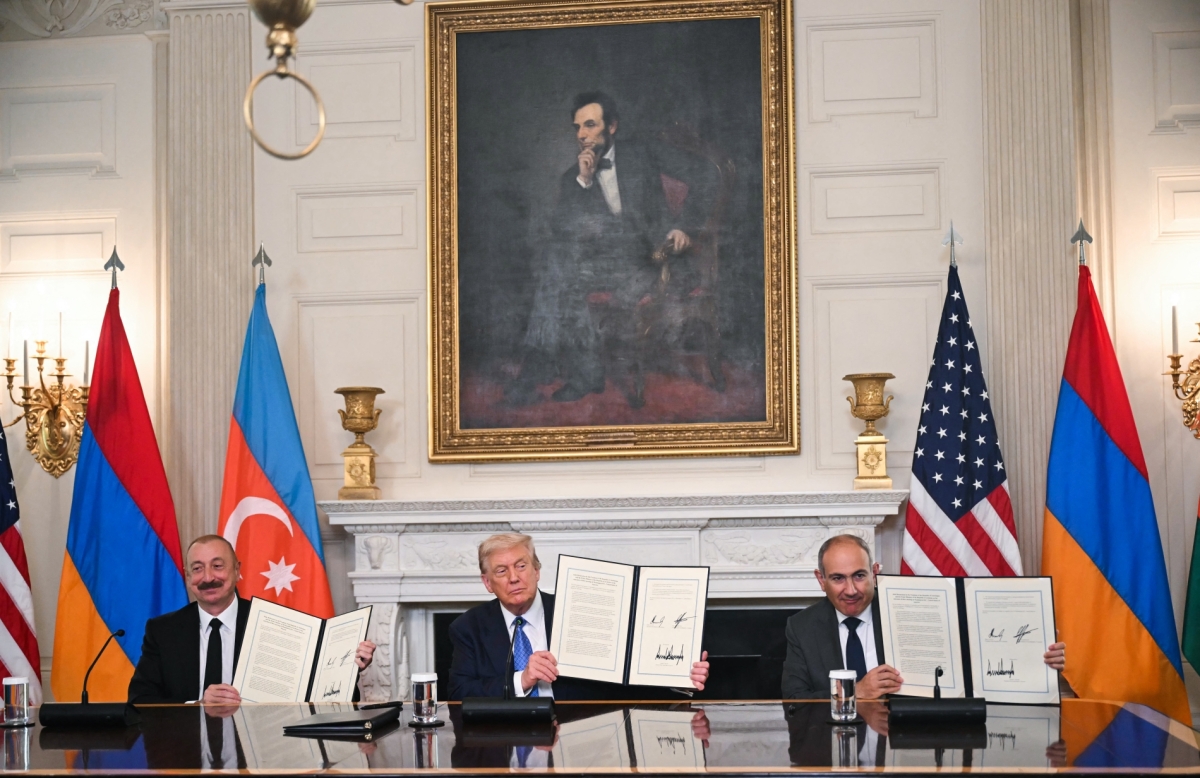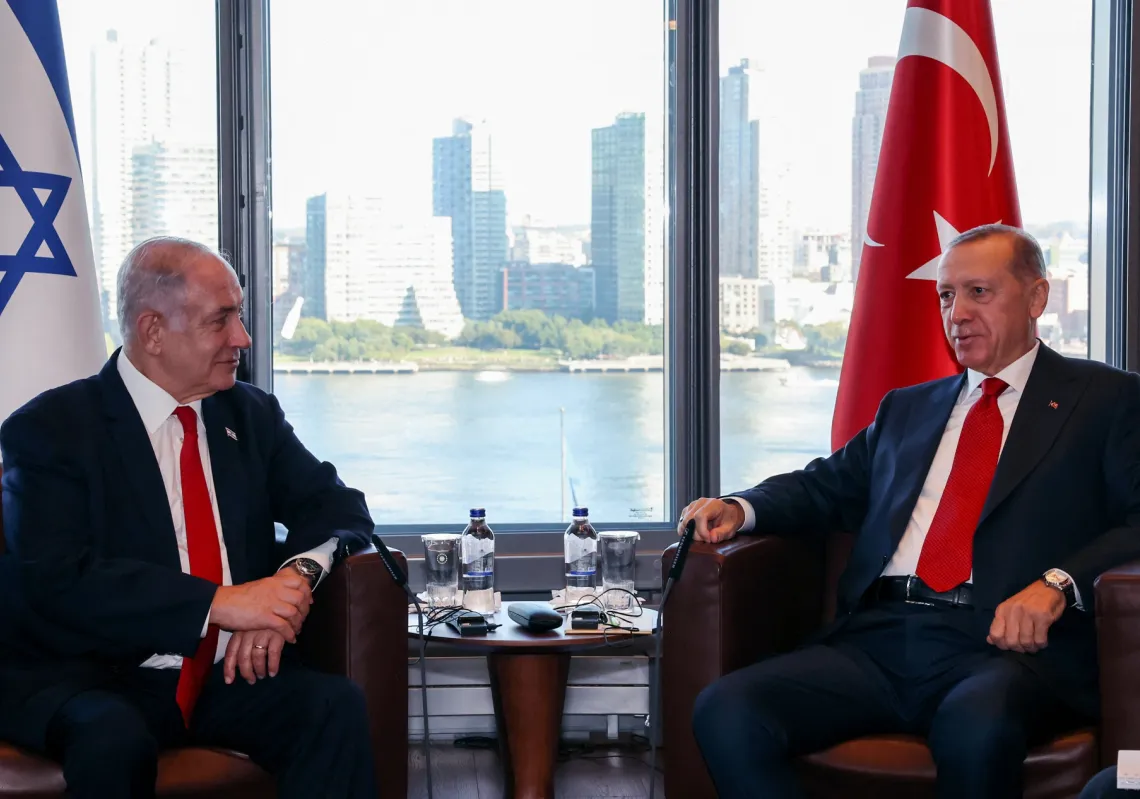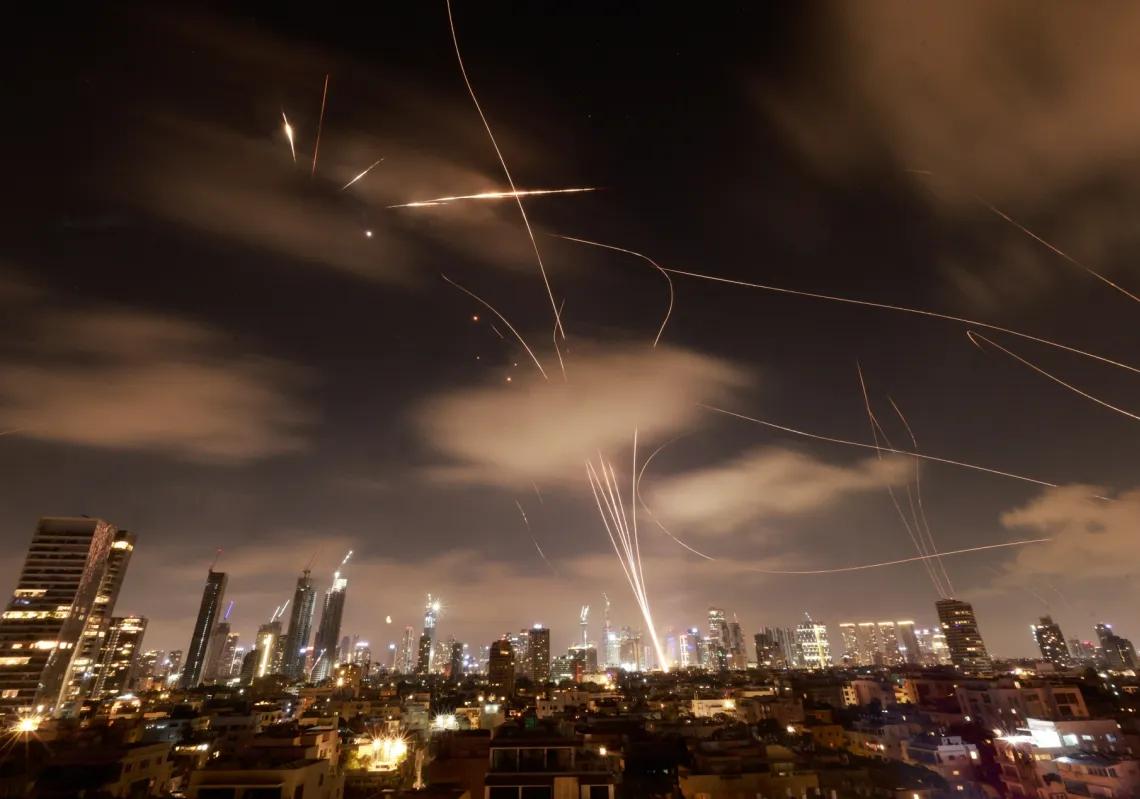At the White House on Friday, 8 August, President Ilham Aliyev of Azerbaijan and Prime Minister Nikol Pashinyan of Armenia signed a long-awaited declaration, with US President Donald Trump acting as witness. It covers respect for borders, the renunciation of territorial claims, and a joint rejection of military force between two countries that have engaged in several nasty conflicts over the years.
The foreign ministers of Armenia and Azerbaijan initialled the draft of the “Agreement on the Establishment of Peace and Interstate Relations”. If Armenia amends its constitution in a way to end its territorial claims, the agreement will be signed and ratified.
Prime Minister Pashinyan and President Aliyev also signed a joint appeal to the Organisation for Security and Cooperation in Europe (OSCE) for the closure of its Minsk Group, which was established in 1992. It has long been criticised by Azerbaijan for being pro-Armenian and having achieved nothing.
Among the issues Aliyev and Pashinyan shook hands on in Washington was an agreement to establish unimpeded connectivity between Azerbaijan and the Azeri exclave of Nakhchivan, which is spread over the foothills of the Zangezur Mountains, a forested range that extends into southern Armenia. Over the centuries, Nakhchivan has been conquered and occupied by the Armenians, Persians, Mongols, Ottomans, Georgians, Russians, and Turks, to name but a few, but it is currently Azeri.
War and peace
Azerbaijan and Armenia have fought several wars since the beginning of the 20th century. Both were subsumed into the Soviet Union for several decades, but when it collapsed in 1990, the two nations won their independence and were soon at war over historical disputes and territorial claims. Supported by Russia, the Armenians occupied Karabakh and other Azeri territories, but in 2020, Azerbaijan recaptured a large part of Karabakh, and in September 2023, it recaptured the rest.
Ever since, the Armenian-Azeri peace process has involved Türkiye, the US, Israel, France, and Iran, all with vested interests. For Trump, US economic and geopolitical interests are at the centre of his thinking. With this in mind, the White House summit achieved an important outcome over the “opening of communications,” known as the Zangezur Corridor.
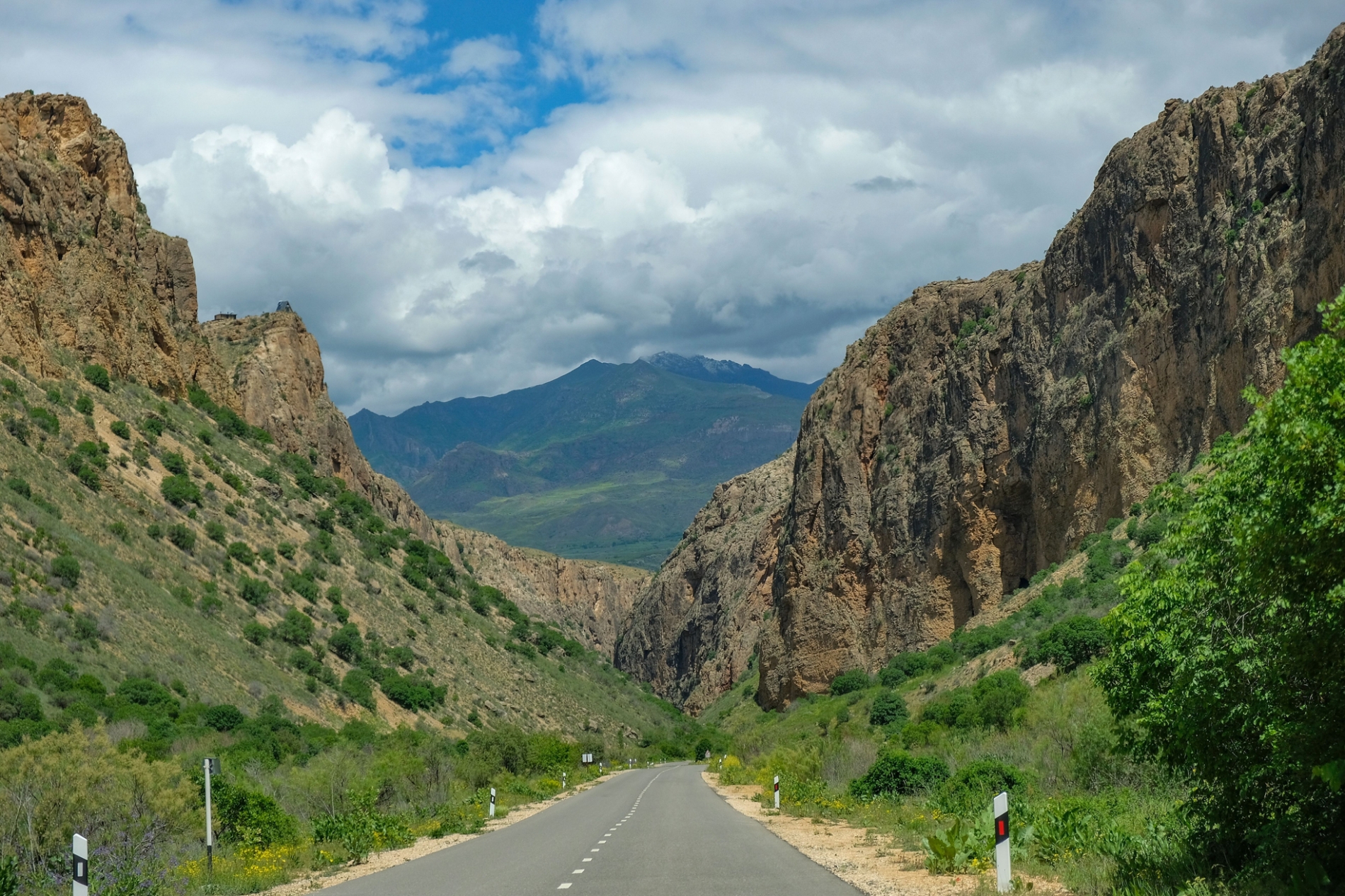
A 43km strip through Armenian territory linking the Republic of Azerbaijan with the Nakhchivan Autonomous Republic, the route runs parallel to the Iranian border, and the Azeris want to build a highway, a railway, and underground lines from the Azerbaijani capital, Baku, to Nakhchivan and then into Türkiye. Trump described the Zangezur Corridor as a “special transit zone—a territory that will give Azerbaijan full access to Nakhchivan while fully respecting Armenia’s territorial integrity”. This is to be called the Trump Route for International Peace and Prosperity (TRIPP).
Rights and rewards
Trump said Armenia was creating an exclusive partnership with the United States to develop this corridor. The US will have management rights for 99 years, at the end of which it will have the option of extending for a further 99 years. A consortium including American contractors will do the work, and the US, Azerbaijan, and Armenia will share the profits according to the agreed share percentages. Armenia will still have sovereign rights over the corridor, but inspection and control of passengers and goods are to be conducted in a manner that neither hinders nor harasses people and operations. How that works in practice is still to be ironed out.
Pashinyan and Aliyev both emphasised that this breakthrough was the result of Trump’s personal intervention and said they would nominate him for the Nobel Peace Prize, which he is known to want. Türkiye’s President Recep Tayyip Erdoğan also welcomed the Washington Summit as a very important and positive development, expressing his appreciation for the US efforts. Turkish Foreign Minister Hakan Fidan stated that the Zangezur Corridor would serve as a crucial link between Türkiye and the Turkic world, facilitating connections through the Caucasus and the Caspian, as well as between the Turkic world and Europe via Türkiye, and extending to the depths of Asia.
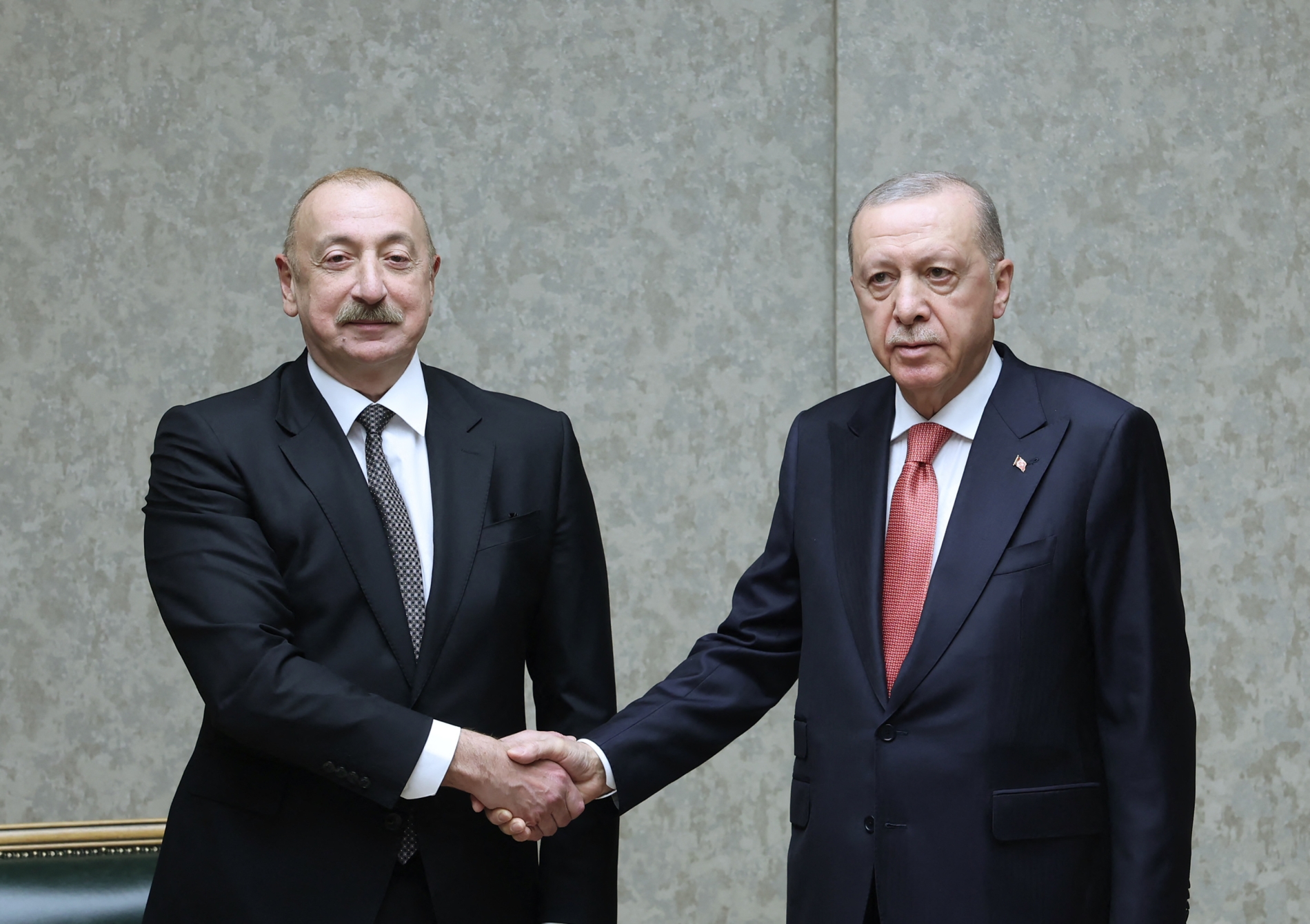
Türkiye has a very close relationship with Azerbaijan. They are often described as “two states, one nation”. It has stood by its kin throughout the long conflict with Armenia and helped Azerbaijan achieve victory in recent years by providing military support. Türkiye was among the first countries to recognise Armenia's independence in 1991, but relations soured when Armenia occupied Azeri territory.
In 2022, Pashinyan responded positively to Türkiye’s diplomatic initiatives, and a reconciliation process was initiated, peaking with Pashinyan’s official visit to Türkiye in June. Analysts now think full diplomatic relations may soon be established between Türkiye and Armenia.
Reason to cheer?
Most Armenians, with the exception of Tashnaks and ultra-nationalists, especially within the Armenian diaspora, support the actions of Prime Minister Pashinyan as being in the national interest, recognising the opportunities that this transport corridor could bring. But not everyone is happy. Although Iran and Russia said the meeting between Aliyev and Pashinyan was positive, they have also voiced concerns. In Moscow, this is about pride, the Americans having secured a diplomatic win in Russia’s backyard. Yet Russia’s relations with both Azerbaijan and Armenia have soured in recent months. Armenia under Pashinyan has been edging away from Russia, looking instead to the West, whereas Aliyev’s Azerbaijan has been increasingly frustrated with the Kremlin.


